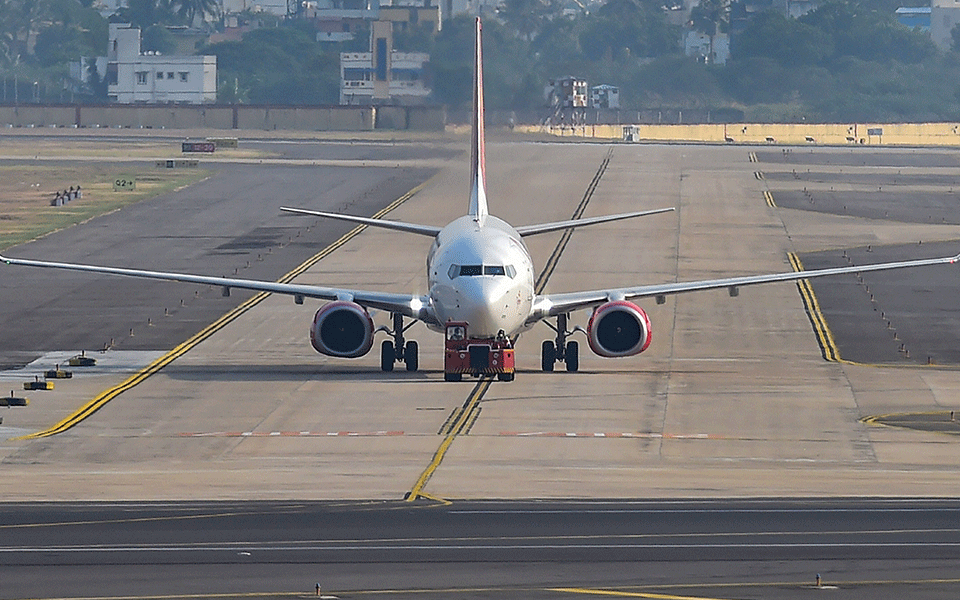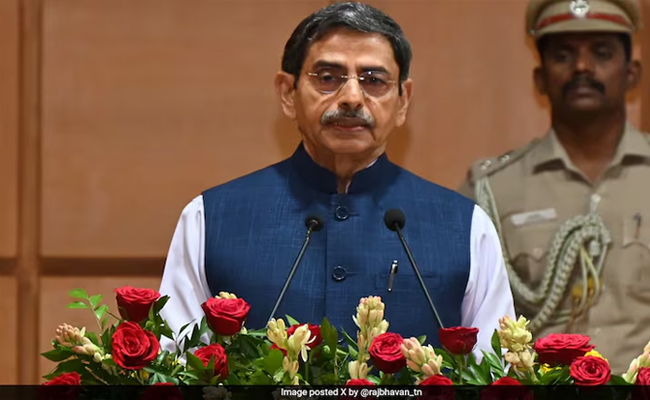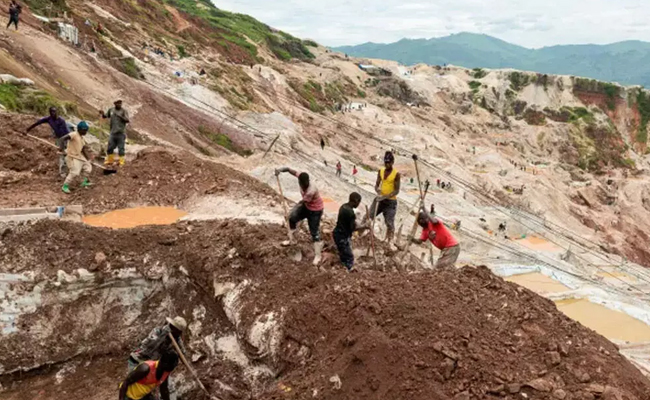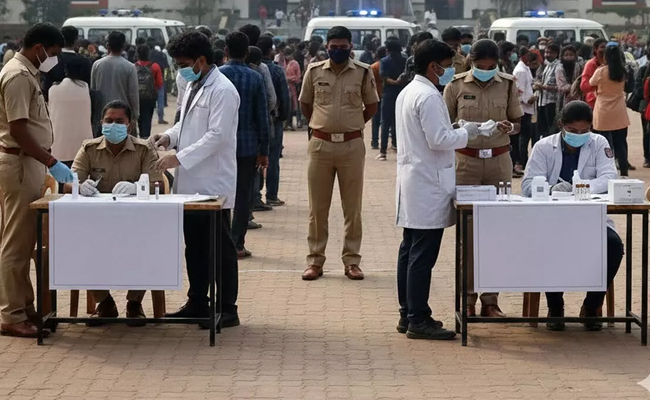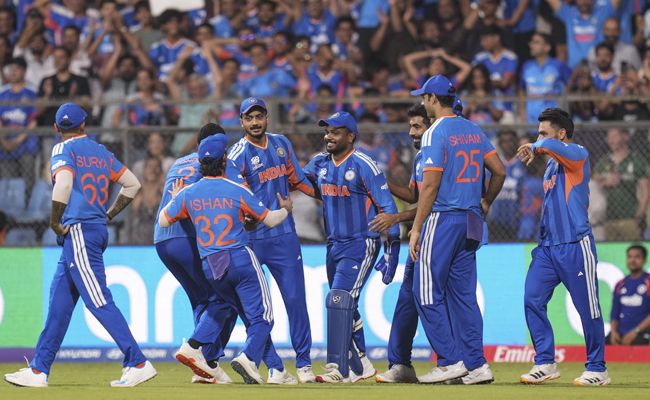New Delhi: Hong Kong is not allowing flights from India and the Centre is in discussions with the Kuwait government to establish a bilateral air bubble, said the Civil Aviation Ministry on Wednesday.
Earlier this month, India had formed bilateral air bubbles with countries such as the UAE, the US, Germany and France. Under the pact whereby an air bubble is established between two countries, the airlines of both are allowed to operate special international charter flights during certain restrictions.
Scheduled international passenger flights continue to remain suspended in India since March 23 amid the coronavirus pandemic.
"Civil aviation access is a matter of reciprocal bilateral arrangements. As far as flights to & from Hong Kong are concerned, the problem is that HK is not allowing flights from certain places of origin including India. @airindiain has applied for permission with the authorities," the ministry said on Twitter.
Significant progress has been made on aviation access between India and Kuwait, it noted in another tweet.
"Secretary, Ministry of Civil Aviation and President of Kuwait's Directorate General of Civil Aviation had useful & productive discussions on several issues related with bilateral access between our two countries which will be resolved soon," the ministry said.
Since May 6, international charter flights have been operated by Air India under the Vande Bharat Mission to help stranded people reach their destinations. Private carriers have also operated a certain number of flights under this mission.
The aviation sector has been significantly impacted due to the travel restrictions imposed in India and other countries in view of the coronavirus pandemic. All airlines in India have taken cost-cutting measures such as pay cuts, leave-without-pay and firings of employees in order to conserve cash.
India resumed domestic passenger flights from May 25 after a gap of two months due to the coronavirus pandemic. The airlines have been allowed to operate only a maximum of 45 per cent of their pre-COVID domestic flights.
However, occupancy rate in Indian domestic flights has been around just 50-60 per cent since May 25.
Let the Truth be known. If you read VB and like VB, please be a VB Supporter and Help us deliver the Truth to one and all.
New Delhi (PTI): Tamil Nadu Governor R N Ravi has been appointed West Bengal Governor and Lt Gen Syed Ata Hasnain (retd) named new Bihar Governor as part of major gubernatorial appointments effected by President Droupadi Murmu on Thursday night.
Ravi succeeds C V Ananda Bose, who resigned earlier in the day.
President Murmu has accepted Bose's resignation, a communique issued by her office said.
Kerala Governor Rajendra Vishwanath Arlekar will discharge the functions of Governor of Tamil Nadu, it said.
Vinai Kumar Saxena, Lt Governor of Delhi, has been appointed as Ladakh's LG in place of Kavinder Gupta, who has been named Himachal Pradesh Governor.
Taranjit Singh Sandhu has been named Delhi LG, the communique said.
Himachal Pradesh Governor Shiv Pratap Shukla has been made Telangana Governor in place of Jishnu Dev Varma, who has been appointed Maharashtra Governor.
Nand Kishore Yadav has been appointed as Nagaland Governor, the communique said.

